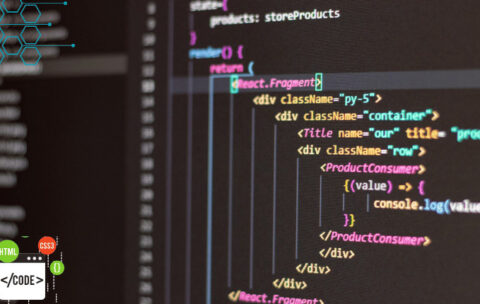Advanced Machine Learning Techniques and Applications
Explore the cutting-edge realm of machine learning through the “Advanced …
What you'll learn
Advanced Kotlin Programming: Mastering Language Features and Best Practices
Welcome to “Advanced Kotlin Programming: Mastering Language Features and Best …
What you'll learn
Advanced JavaScript Techniques: Deep Dive into Modern Concepts
In this comprehensive course, you will embark on an exploration …
What you'll learn
Advanced IELTS Techniques: Boosting Your English Proficiency
Elevate your IELTS preparation to new heights with the Advanced …
What you'll learn
Advanced HTML and CSS: Creating Responsive and Interactive Websites
Welcome to “Advanced HTML and CSS: Creating Responsive and Interactive …
What you'll learn
Advanced Go Programming: Best Practices and Concurrency
“Advanced Go Programming: Best Practices and Concurrency” is an in-depth …
What you'll learn
Advanced Game Programming: Building Engaging and Interactive Experiences
The course “Advanced Game Programming: Building Engaging and Interactive Experiences” …
What you'll learn
Advanced Financial Analysis and Forecasting
The Advanced Financial Analysis and Forecasting course is designed to …









